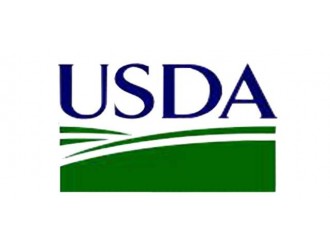根据欧盟委员会第396/2005号法规第6章,Syngenta Crop Protection AG 向法国国家主管部门提交申请,要求制定咯菌腈在甜菜根和香蕉中的进口限量。经过评估,欧盟食品安全局得出结论,根据所报道的农业实践,长期摄入因使用咯菌腈而产生的残留物不太可能对消费者健康构成风险。部分原文报道如下:
In accordance with Article 6 of Regulation (EC) No 396/2005, the applicant Syngenta Crop Protection AG submitted a request to the competent national authority in France to set import tolerances for the active substance fludioxonil in sugar beet roots and bananas. The data submitted in support of the request were found to be sufficient to derive maximum residue level (MRL) proposals for sugar beet roots and bananas. Adequate analytical methods for enforcement are available to control the residues of fludioxonil in the commodities under consideration at the validated limit of quantification (LOQ) of 0.01 mg/kg and in animal matrices at the validated LOQ of 0.01 mg/kg in milk and muscle and 0.05 mg/kg in liver, kidney, fat tissues and eggs. based on the risk assessment results, EFSA concluded that the long-term intake of residues resulting from the use of fludioxonil according to the reported agricultural practices is unlikely to present a risk to consumer health.
更多详情参见:https://efsa.onlinelibrary.wiley.com/doi/10.2903/j.efsa.2021.6919
本文由食品伙伴网食品资讯中心编辑,有任何疑问,请联系news@foodmate.net。












 地区:
地区:






 鲁公网安备 37060202000128号
鲁公网安备 37060202000128号



